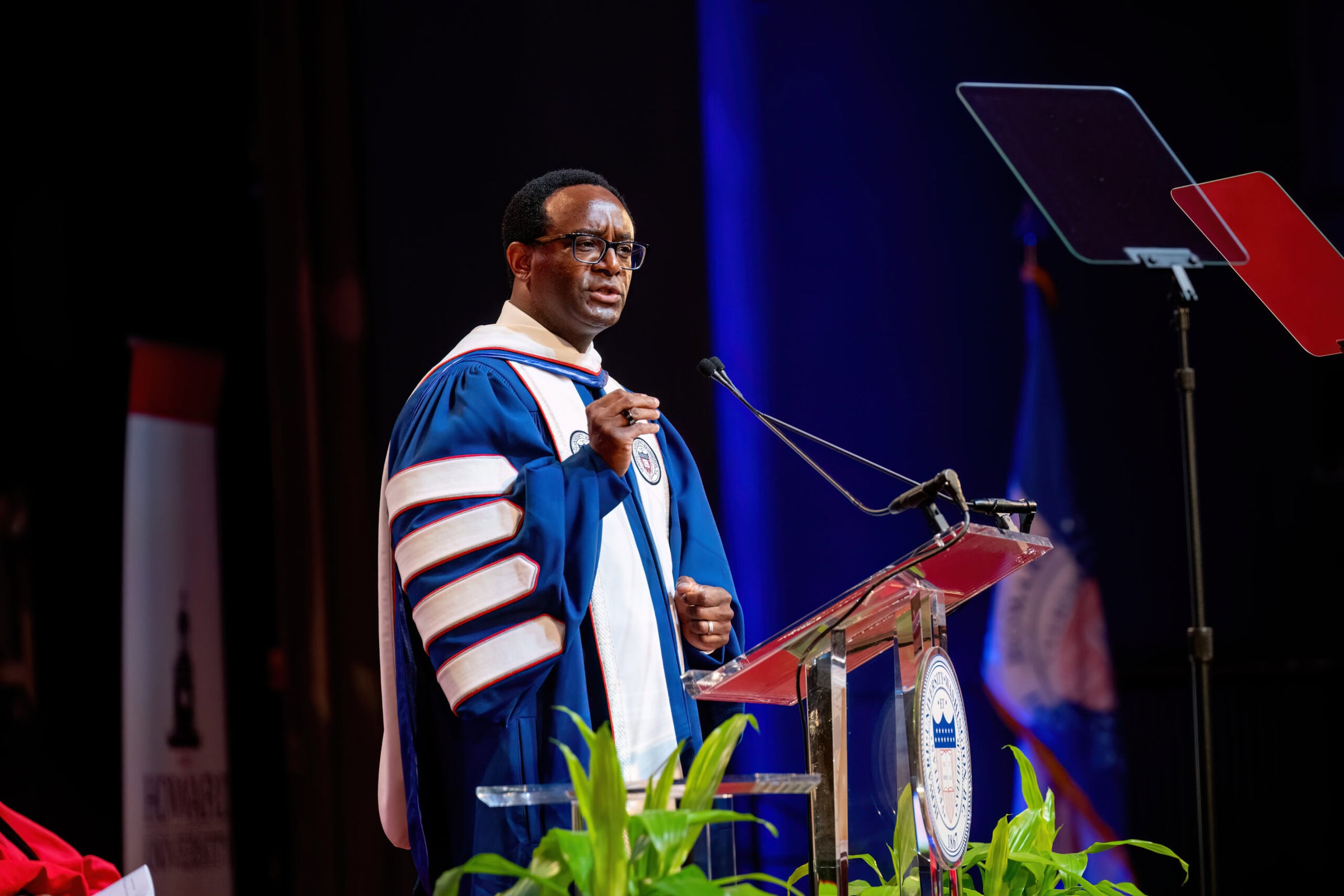Why study history? The answers depend on who asks the question and who ventures a reply.
We all have our own reasons for doing what we do. I came to a study of history via a curiosity about my hometown, a village in New Castle County, Delaware. I also appreciated the aesthetics of doing archival research and the sheer enjoyment of assembling a coherent story from disparate, scattered pieces of evidence. Everybody loves a good story, one with a beginning, a middle, and an end. And we crave encounters with characters, in the past as in the present, men and women who are fascinating in their own way, whether admirable or repellant. The readers of Perspectives well know that on a personal level, the act of crafting these stories, to enlighten and entertain, can be immensely satisfying.
Yet even if we historians have our reasons for studying the past, we often find ourselves needing to make the case to people not in the discipline—our students, museum visitors, grant officers at funding agencies, readers of newspaper op-eds, corporate executives, heads of government agencies, budget-conscious deans and provosts. We might be good at “doing” history, but are we good at convincing other people that learning about history is worthwhile?
Standing before a class of 400 undergraduates in a US history introductory course on the first day of the semester, I have always felt compelled to give my students some good reasons to be there. In Texas, the state legislature requires that all public university undergraduates take two courses in US history. Anyone who has ever taught a required course knows it’s a challenge. The instructor must (try to) get students engaged in a topic that some have little interest in and others actively despise. I always thought I owed it to the skeptics to make a pitch and try to convince them that learning about the United States since 1865 was worth their time.
I often began by reciting the reasons why an understanding of history is good for you. Over 20 years ago, Peter Stearns offered an elegant rumination on the value of a history education: history helps us understand people and societies; history helps us understand change and how the society we live in came to be; history contributes to moral understanding; history provides identity; studying history is essential for good citizenship; a study of history helps to develop essential skills; and history is useful in the world of work.
We might be good at “doing” history, but are we good at convincing other people that learning about history is worthwhile?
Last fall, Stearns updated his essay to account for changes in the economy, higher education, and the discipline over the last quarter century or so. Today, he notes, any discussion of the value of the discipline needs to highlight the kinds of jobs available to history majors; we cannot simply ignore our students’ well-founded concern for their future. We must give them license to study and enjoy history without the worry that they will never be able to make a living if they do so in a serious way. To that end, my department at the University of Texas at Austin has developed a web page called “What History Majors Do,” and the AHA also has a section on its website called “Careers for History Majors.”
In his updated essay, Stearns also suggests that we must stress how historical data can help us to understand the diverse, dynamic world we are living in now—a history that informs the present. In recent decades, the study of history has expanded in terms of content, methodologies, and digital tools to provide context for complex contemporary issues, from racial ideologies and the global economy to pandemics and politics. I recall my daughter coming home from high school one afternoon, throwing her schoolbooks on the kitchen table, and announcing her history homework assignment for the evening with considerable dread and disgust. This 16-year-old, so focused on the here and now, had a hard time wrapping her head around the idea that people and events in the past could or should matter to her. “It’s history—get over it, Mom!” she exclaimed. By linking historical knowledge to the ideas and things people care about today, we might have a better chance of convincing a larger audience that what we do is socially useful work.
What other arguments might resonate with the resistant or the indifferent? The late civil rights activist and US representative John Lewis (1940–2020) wrote an essay that he asked be published the day of his funeral (July 17, 2020). In it, he wrote about the history of reformers and radicals and their strategies for change:
You must also study and learn the lessons of history because humanity has been involved in this soul-wrenching, existential struggle for a very long time. People on every continent have stood in your shoes, through decades and centuries before you. The truth does not change, and that is why the answers worked out long ago can help you find solutions to the challenges of our time.
Lewis was making the case that an understanding of historic fights for justice is a precondition for meaningful social change.
Still, not everyone is interested in social movements. And most students are focused on another area of study in any case, with their sights set firmly on careers such as nursing, forest management, pharmacy, law, or journalism. Here we might make the case to them—and to college and university administrators—that all occupations have a history. One’s vocation can be enhanced and enriched by an appreciation for the way it has developed over time, and for the people in the past who helped to shape it into what it is today.
We can make the case that the study of history is an outlet for creative expression.
Finally, we can make the case that the study of history is an outlet for creative expression—literary, visual, and aural. It is a privilege and a challenge to be able to write or teach or craft exhibits with a particular audience in mind. Some students find their way to history via assignments that draw on their particular talents—as budding writers or filmmakers, as visual learners or musicians. As historians, we have an opportunity to seek innovative means to report on what we have found in the archives or other kinds of repositories of information about the past.
Returning to that big undergraduate history survey course: No instructor can convince a resistant, even resentful student on the first day of class that an understanding of history opens up exciting new realms of knowledge and experience. Students have to arrive at the conclusion on their own over the course of the semester. As the weeks go by, they might begin to focus on a particular piece of the historical enterprise that intrigues them—an appreciation for the history of their own communities and cultures, for the words of people who lived in the past, for historical evidence and different interpretations of it, for the different ways we bring history to life, for the pieces of a mystery that is the great human drama. And certainly if we can convey to other people the excitement that drew us historians to the discipline to begin with, we need not offer a laundry list of the reasons why the study of history is good for all of us.
In the end, we make our best case when we describe our own journey as historians, for there are as many compelling responses to the question “Why study history?” as there are people who ask and historians who answer.
This work is licensed under a Creative Commons Attribution-NonCommercial-NoDerivatives 4.0 International License. Attribution must provide author name, article title, Perspectives on History, date of publication, and a link to this page. This license applies only to the article, not to text or images used here by permission.


